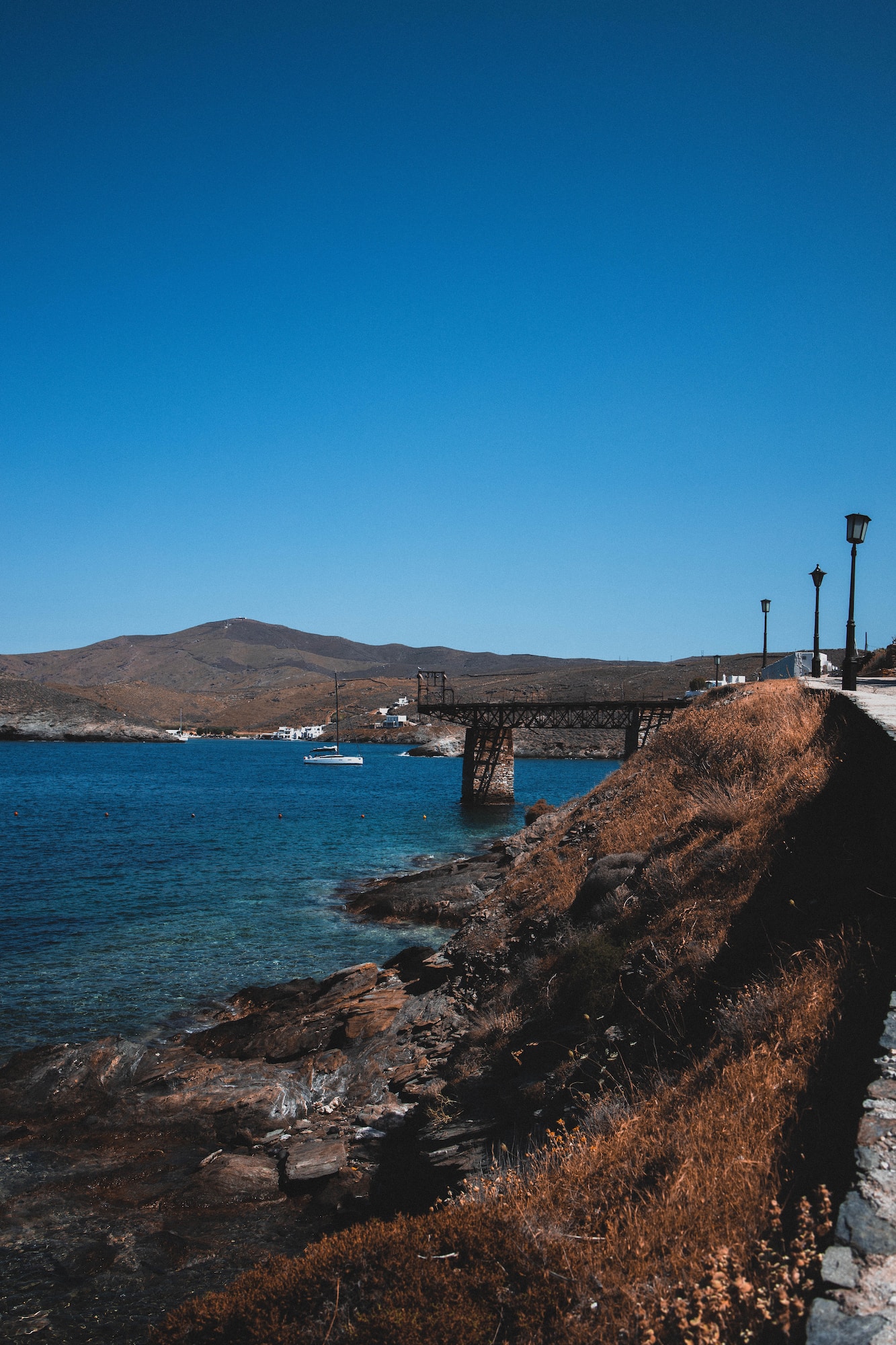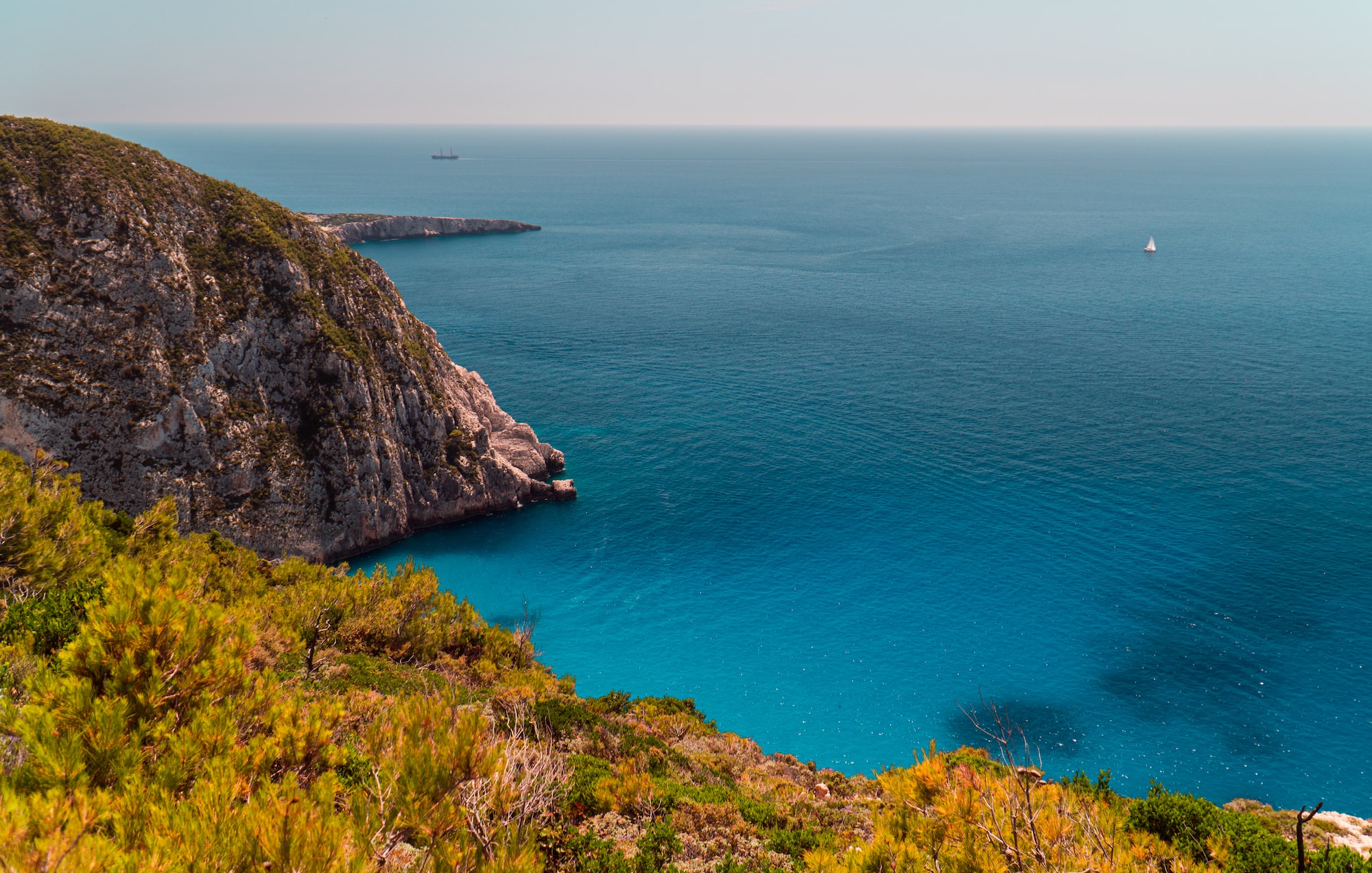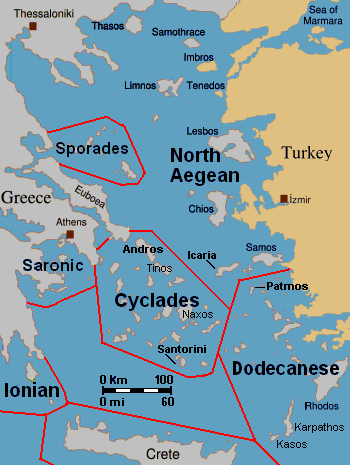Greece, a land steeped in myth and history, beckons travelers to its shores with an alluring mosaic of islands, each a world of its own. The Greek archipelago, a kaleidoscope of over 1,200 to 6,000 islands depending on size criteria, presents a canvas of unparalleled natural beauty and cultural richness. While only a select 166 to 227 of these islands are inhabited, they collectively weave the vibrant tapestry of Greek heritage and contemporary life.
Crete: The Crown Jewel of the Greek Islands
Crete’s Cultural and Historical Significance
Dominating the Aegean Sea’s southern frontier, Crete stands as the largest and perhaps most illustrious of the Greek islands. This majestic island is a treasure trove of natural diversity, ranging from rugged mountains to idyllic beaches. Crete’s historical significance is monumental, with the ancient Minoan civilization leaving an indelible mark on its cultural landscape. The island is a living museum, showcasing a blend of historical sites and natural wonders.
Natural Wonders and Cultural Experiences in Crete
Crete’s varied landscape promises a plethora of activities for visitors. The island’s mountainous terrain appeals to hikers and adventurers, while its pristine beaches offer relaxation and water sports. The rich Minoan heritage, visible in archaeological sites like the Palace of Knossos, invites history enthusiasts to explore one of Europe’s oldest civilizations. Crete’s culinary delights, steeped in tradition, offer a gastronomic journey through local cheeses, wines, and Cretan olive oil, renowned for its quality.

Euboea: A Unique Island Experience
The Geographical Distinctiveness of Euboea
Euboea, the second-largest Greek island, presents a unique geographical identity. Located tantalizingly close to the mainland and separated only by the narrow Euripus Strait, Euboea is a blend of island charm and mainland accessibility. The island’s proximity to the mainland, connected by bridges, makes it a unique case, often sparking debate over its classification as an island.
Discovering Euboea’s Landscape and Culture
Euboea, falling under the Central Greece region’s administration, is a microcosm of diverse landscapes and rich history. The island’s terrain varies from lush forests to serene beaches, offering a retreat for nature lovers and peace seekers. Euboea’s cultural landscape is equally vibrant, with a rich history that resonates in its architecture, festivals, and local customs.

The Economic and Cultural Contribution of the Greek Islands
Tourism and Maritime Heritage
The Greek islands, both inhabited and uninhabited, play a pivotal role in the nation’s economy, culture, and tourism. Islands like Santorini, with its iconic white-washed houses, and Corfu, known for its verdant landscapes, have become symbols of Greece’s tourism appeal. The islands’ unique cultures and traditions, shaped by their maritime history and geographical isolation, offer a rich array of experiences for visitors and locals alike.
The Importance of Fishing and Local Industries
Apart from tourism, fishing and local industries form the economic backbone of many Greek islands. The islands’ distinct cuisines and traditions are celebrated across the globe, bringing a taste of Greece to international tables.
The Greek Islands – A Symphony of Nature and Culture
Greece’s islands are more than mere numbers on a map; they are the essence of the nation’s identity, history, and economic vitality. From the historically significant Crete to the geographically unique Euboea, each island narrates its own story and offers a distinct experience. The Greek archipelago is not just a destination; it’s a journey through time, nature, and culture.
